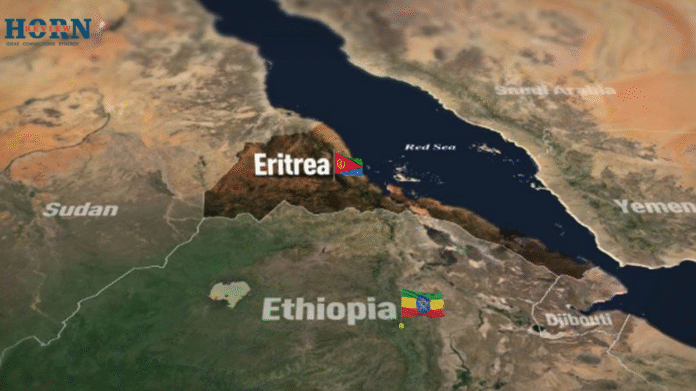Ethiopian Prime Minister Abiy Ahmed has appealed for international mediation to defuse rising tensions with Eritrea, as Addis Ababa renews its push to regain direct access to the Red Sea for its landlocked economy.
Since Eritrea’s independence in 1993, Ethiopia has relied entirely on neighbouring states for seaport access, primarily through Djibouti, which now handles more than 90 percent of its foreign trade. Addis Ababa views sovereign sea access as vital to its long-term economic security and regional influence.
The two countries signed a landmark peace accord in 2018, ending two decades of hostility and reopening diplomatic relations. The agreement was hailed as a model of reconciliation, but key disputes remained unresolved. Relations have since cooled, with Ethiopia accusing Eritrea of supporting rebel factions opposed to Abiy’s administration. Commercial flights between the two nations have been suspended.
The latest tensions stem from Abiy’s renewed calls for Ethiopia to secure its own maritime outlet. “Ethiopia’s access to the Red Sea is inevitable,” Abiy told parliament in Addis Ababa on Tuesday. “I prioritise peace and dialogue; please help us negotiate and find solutions. We have no desire for conflict with anyone, but if we are forced into it, the outcome is clear.”
Eritrea has condemned the comments as provocative and destabilising, warning that such rhetoric risks fuelling mistrust and regional instability.
Ethiopia has also explored alternative routes to the sea. A recent deal granting it access through Somaliland, the breakaway northern region of Somalia, triggered a diplomatic standoff with Mogadishu, which only eased after Turkey intervened to broker talks.
Analysts warn that unless cooler heads prevail, the renewed tension could threaten the fragile peace architecture of the Horn of Africa, a region already burdened by conflict and food insecurity.



















